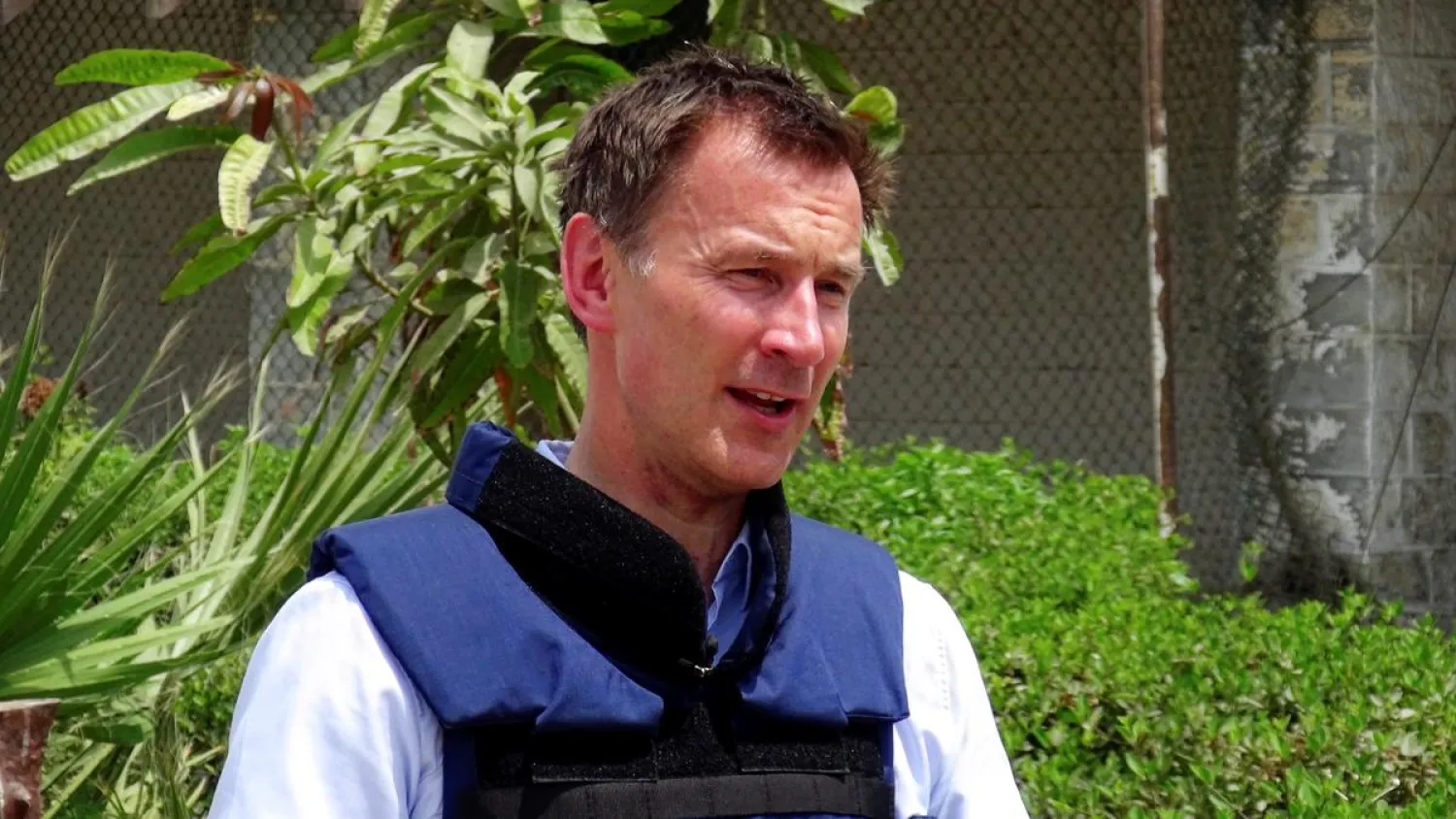Senior leaders in the Iran-backed Houthi militias in Yemen attacked on Monday British Foreign Secretary Jeremy Hunt and UN Special Envoy Martin Griffiths, after their call for the immediate withdrawal of militias from the Red Sea port city of Hodeidah and implementation of the Stockholm agreement.
Hunt warned that total war and the collapse of the UN-sponsored truce deal await Yemen in coming weeks should warring parties further delay redeployment and the opening of safe passages for humanitarian aid. He also warned that 20 million people are on the brink of starvation as visited the country for the first time.
“We are now in last chance saloon for the Stockholm peace process,” Hunt said in a statement during a visit to Aden. “The process could be dead within weeks if we do not see both sides sticking to their commitments in Stockholm.”
Houthis, however, have been uncooperative and employed stalling tactics for about two-and-a-half months.
Hussein al-Azzi, deputy foreign minister at the Houthis’ self-proclaimed government, described Hunt as “provocative.” In a threatening tweet, he said the UK top diplomat needs to “choose his words well when speaking about Houthis,” claiming that the militia represents some “24 million Yemenis.”
On the Houthis’ fallback policy, Azzi threatened that the group has “a war it has not yet used,” referring to the militants’ amassing of forces since the Stockholm agreement was signed on December 18.
Houthi Foreign Minister Mohamed Abdelsalam Fleeta also issued a lengthy statement in which he responded to Hunt’s request of immediate withdrawal of troops from Hodeidah city, where the militant group smuggles most of its Iran-provided weapons.
Fleeta denied that the Stockholm agreement did not mandate a third neutral party to take over management and monitoring at the port, accusing Arab Coalition countries, backing the internationally-recognized government headed by Yemeni President Abdrabbuh Mansur Hadi, of lobbying alongside the UK to “violate the deal”.
He also claimed that the UN Redeployment Coordination Committee (RCC), assigned to monitor the implementation of the agreement, is compromised by orders it receives from pro-government supporters in the West.
More so, the group claimed it had accepted “a United Nations supervisory role in Hodeidah” only in principle. It reiterated that it has not conceded to handing over the strategic Red Sea ports to the constitutionally-elected government.









